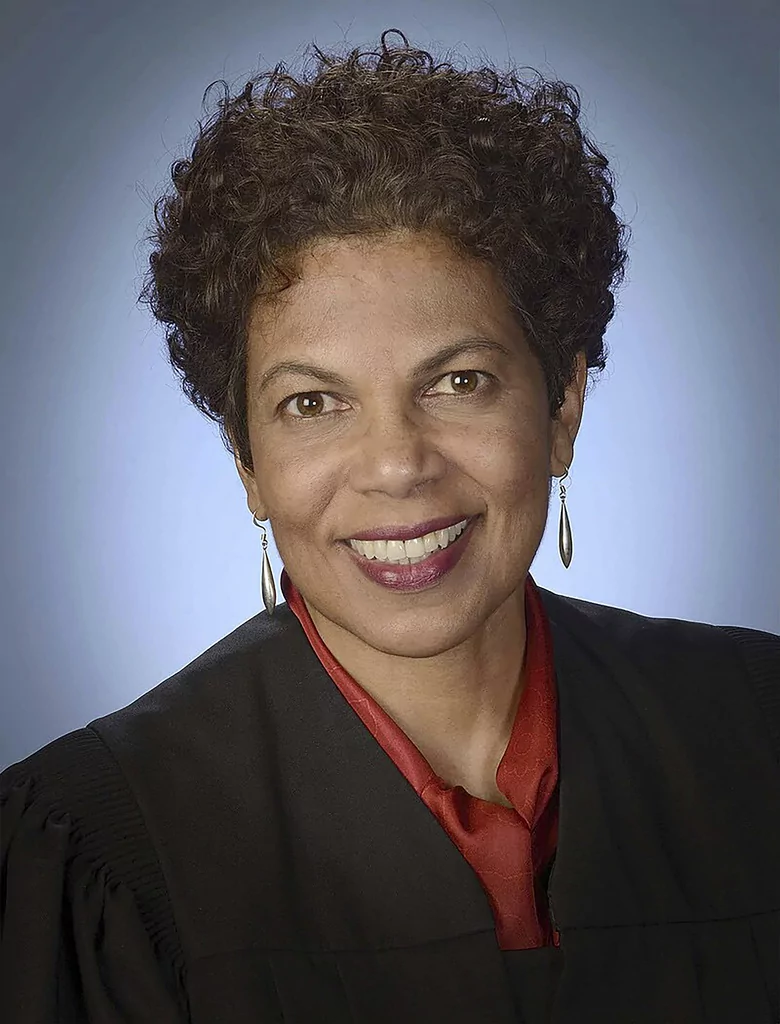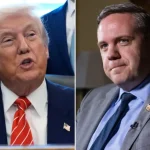
Former President Donald Trump’s federal election interference case was put back into the hands of Judge Tanya Chutkan on Friday, and within 48 hours, she had made about a half dozen moves to forward the case along.
Chutkan, an Obama appointee, denied two of Trump’s dismissal requests, set a deadline for a joint report, scheduled a hearing for mid-August, and paused two existing deadlines. The rapid revival did nothing to quell concerns from her critics that she was rushing a case that required, in their view, a more methodical approach.
“Criminal cases usually never move this quickly, especially something of this complexity,” Josh Blackman, a professor at South Texas College of Law Houston, told the Washington Examiner.
Chutkan regained jurisdiction over Trump’s case one month after the Supreme Court ruled on July 1 that presidents have some immunity from criminal prosecution. While this is a typical timeline for the high court, it meant Chutkan could see the 119-page ruling but had no ability to act on it until Aug. 2.

When Chutkan finally received the Supreme Court’s order, known as a “mandate,” she jumped almost immediately by setting a scheduling conference for Aug. 16. The judge asked parties to submit a report in anticipation of the conference by Aug. 9. Additionally, she denied a motion to dismiss from Trump, effectively rejecting the former president’s argument that special counsel Jack Smith failed to articulate in his indictment how Trump violated laws.
Hours later, she denied another outstanding request from Trump to toss out his charges, this time shutting down his argument that his case should be dismissed because the indictment was politically motivated.
Prior to this weekend, the case docket had seen no meaningful activity since mid-December because of the drawn-out appeals processes. Blackman suspected that Chutkan had her orders ready “weeks ago.”
“She was just sitting, waiting for the mandate to come, and she acted right away,” Blackman said. “She wants to move as quickly as humanly possible.”
Blackman is among those who believe Chutkan and Smith have been working to put Trump, the Republican presidential nominee, in front of a jury before the election, but this is a “completely alien” way to view the criminal justice system, he said.
“It’s not about trying to inform voters. You should do the opposite. You try to not have this [before the election],” Blackman said, adding that judges and prosecutors should not aim to “affect politics.”
Conservative legal analyst Andy McCarthy said in an op-ed that Chutkan’s quick responses to the Supreme Court mandate were a futile and “transparent effort to get [the case] back on track” to influence the election.
“There are now too many obstacles for the anti-Trump lawfare crusade to exact the damage Democrats hoped to inflict on Trump’s 2024 presidential campaign,” McCarthy wrote, adding that Trump’s strategy of “delay, delay, delay” has been a success.
What happens next depends largely on how Smith approaches the conundrum the immunity decision has presented. The Supreme Court deemed at least some of the activity in his indictment of Trump as off-limits from being used in a criminal prosecution, meaning Smith has to, at the least, carve out parts of the indictment and potentially reduce Trump’s charges.
The process could be lengthy and open more opportunities for Trump to file appeals. It almost certainly guarantees that no full trial will take place before the election — a death knell to Chutkan’s “rocket docket,” according to George Washington University law professor Jonathan Turley.
Those who have been rooting to see Trump face a trial before November, such as left-leaning legal analyst Norm Eisen, have called for Smith to scale down his sweeping allegations that Trump illegally attempted to overturn the 2020 election and defrauded voters. A mini-trial, which would not result in a verdict but would involve hearings that could be unflattering for Trump, is one option, Eisen said.
“A mini trial is the way to go, but regardless, Jack Smith should ‘slim to win,’” Eisen wrote on X. “Meaning dropping certain charges or paring down allegations that arguably implicate official presidential functions.”
CLICK HERE TO READ MORE FROM THE WASHINGTON EXAMINER
Regardless of how Smith wants to move forward, Chutkan will have the final say in what charges, if any, Smith can move forward with, and Blackman opined that the judge may be weighing the idea of a smaller indictment.
“I think what she’s wrestling with is whether to go forward with a more skinny trial, just some of the claims, versus the entire kit and caboodle,” Blackman said, noting that Smith and Chutkan could aim for a shorter trial “just to get Trump convicted on something” before the election.







